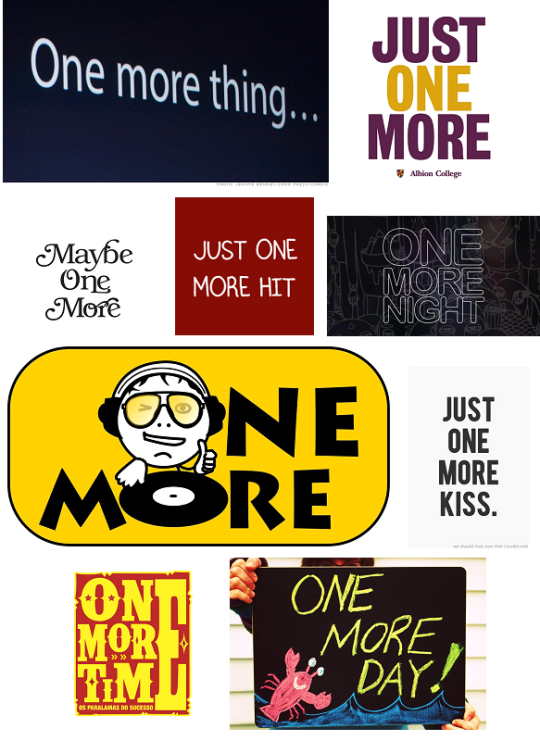Aprendemos, no post What is she like? What does she look like?, as perguntas que podemos fazer quando queremos obter a descrição de alguém. Vimos que podemos perguntar sobre a aparência e/ou personalidade. Hoje, vamos aprender a responder “What does … look like?”, a pergunta sobre aparencia.
A resposta pode ser dada através de várias características físicas a serem mencionadas. Vamos então aprender alguns adjetivos e combinações relacionados à aparência.
“Hair” (cabelo):
Wavy hair = cabelo ondulado
Curly hair = cabelo cacheado
Straight hair = cabelo liso
Long hair = cabelo longo/comprido
Short hair =cabelo curto
Black hair = cabelo preto
Red hair = cabelo vermelho/ruivo
Gray/Grey hair = grisalho/cabelo branco
Blond = loiro
Blonde = loira
“Eyes” (olhos):
Blue eyes = olhos azuis
Green eyes = olhos verdes
Brown eyes = olhos castanhos
Light eyes = olhos claros
Dark eyes = olhos escuros
“Height and Weight” (Altura e peso):
Tall = alto
Short = baixo
Fat = gordo
Thin = magro
Overweight = acima do peso
Chubby = gordinho
“Age” (Idade)
Young = jovem
Old = velho
Middle-aged = de meia-idade
Que tal utilizarmos algumas dessas palavras para fazermos uma descrição do ator Robert Downey Jr., o famoso Ironman?

Mas antes de começarmos, gostaria de apontar que, geralmente, quando falamos sobre a aparência de alguém em inglês, podemos utilizar duas estruturas: “He is….” ou “He has...”.
So, “What does Robert Downey Jr. look like?”
He is handsome. Ele é bonito.
He is thin. Ele é magro.
He is middle-aged. Ele é de meia idade.
He has short hair. Ele tem cabelo curto.
He has brown eyes. Ele tem olhos castanhos.
He has dark hair. Ele tem cabelo preto/Ele é moreno.
Veja mais exemplos abaixo:

Emma Watson is pretty and she has light brown hair.
A Emma Watson é bonita e tem cabelos castanhos claros.
She is thin and she has brown eyes.
Ela é magra e tem olhos castanhos.

Jack Black is chubby and has brown hair.
O Jack Black é gordinho e tem cabelo castanho.
He is young and short.
Ele é jovem e baixinho.

Taylor Swift is blonde and has blue eyes.
A Taylor Swift é loira e tem olhos azuis.
She is very thin and tall.
Ela é bem magra e alta.

Robert De Niro is old and he has grey hair.
O Robert De Niro é velho e ele é grisalho.
He is tall but overweight.
Ele é alto mas está acima do peso.
Alright! Agora vocês sabem descrever pessoas fisicamente!
Have a great day guys!
Adapted from
http://blog.influx.com.br/2014/12/11/aprenda-a-descrever-pessoas-em-ingles-ii/





